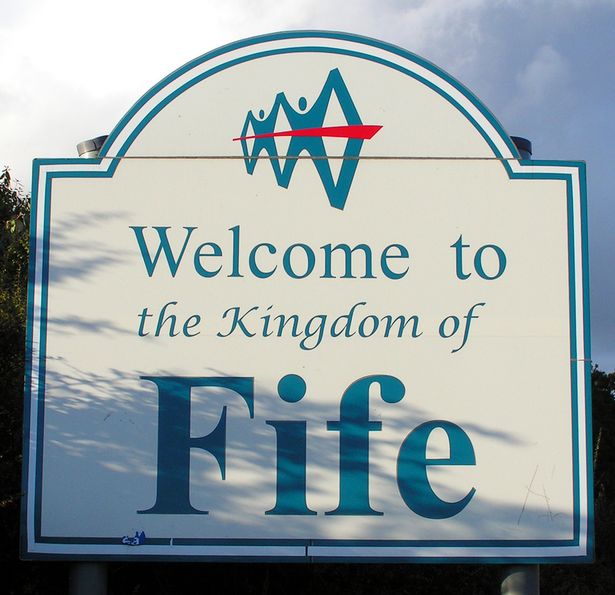Some cookies used are essential to providing a service, while others help us improve your experience and provide us with insights into how the site is being used.
For more detailed information about the cookies we use, see our Cookies page.
Necessary cookies enable core functionality such as security, network management, and accessibility. You may disable these by changing your browser settings, but this may affect how the website functions.
We'd like to set Google Analytics cookies to help us to improve our website by collecting and reporting information on how you use it. The cookies collect information in a way that does not directly identify anyone. For more information on how these cookies work, please see our 'Cookies page'.
We'd like to allow Social Media cookies to provide a richer experience. These cookies will allow us the ability to list Fife Council tweets and Facebook posts, Google maps, audio clips & Videos on some of our pages. Our videos use Youtube's privacy-enhanced mode.
These cookies allow us to show relevant adverts to the content you are viewing. They also provide the ability to deliver targeted online advertising across other platforms like Facebook, Google, Instagram and the Quantcast network.
In response to the humanitarian crisis in Ukraine, Fife played a key role in delivering the Scottish Government’s Welcome Accommodation initiative, part of the national Super Sponsorship scheme. The programme provided a safe, temporary place for displaced individuals and families, offering early support and time to consider longer-term housing options.
Locally, the initiative was a collaborative effort involving Fife Council’s Housing Resettlement Team, Education, Social Work, Health and Social Care, Communities, and a range of third sector partners. Interpretation services and commissioned support providers also played a vital role in ensuring that people’s needs were met with dignity and care.
At its peak in April 2023, three Welcome Accommodation sites in Fife provided over 100 rooms. By March 2024, this had reduced to a single site, with a 90% reduction in room use. During this time, around 90 households moved on from Welcome Accommodation. Two-thirds secured a positive destination in Scotland, half moved into social housing, a third into private lets, and around 10 accessed sponsorship arrangements. Just over 40% of those who remained in Scotland chose to stay in Fife.
The programme was designed to promote self-sufficiency and informed decision-making. The Resettlement Team worked closely with families to understand their needs, provide advice, and help overcome barriers. Importantly, the approach helped prevent homelessness, with only around 10 households requiring homelessness assistance, with half of those presenting in Fife.
This work supports several Plan for Fife ambitions, including tackling poverty, reducing preventable ill health, and ensuring public services act “one step sooner.” It also demonstrated the value of partnership working in responding to crisis with compassion and coordination.
As the final Welcome Accommodation site prepares to close, Fife continues to support remaining guests through ongoing engagement and advice. The sponsorship model, while not suitable for everyone, remains a valuable option, and Fife plans to expand its use through a local campaign and continued financial support.
